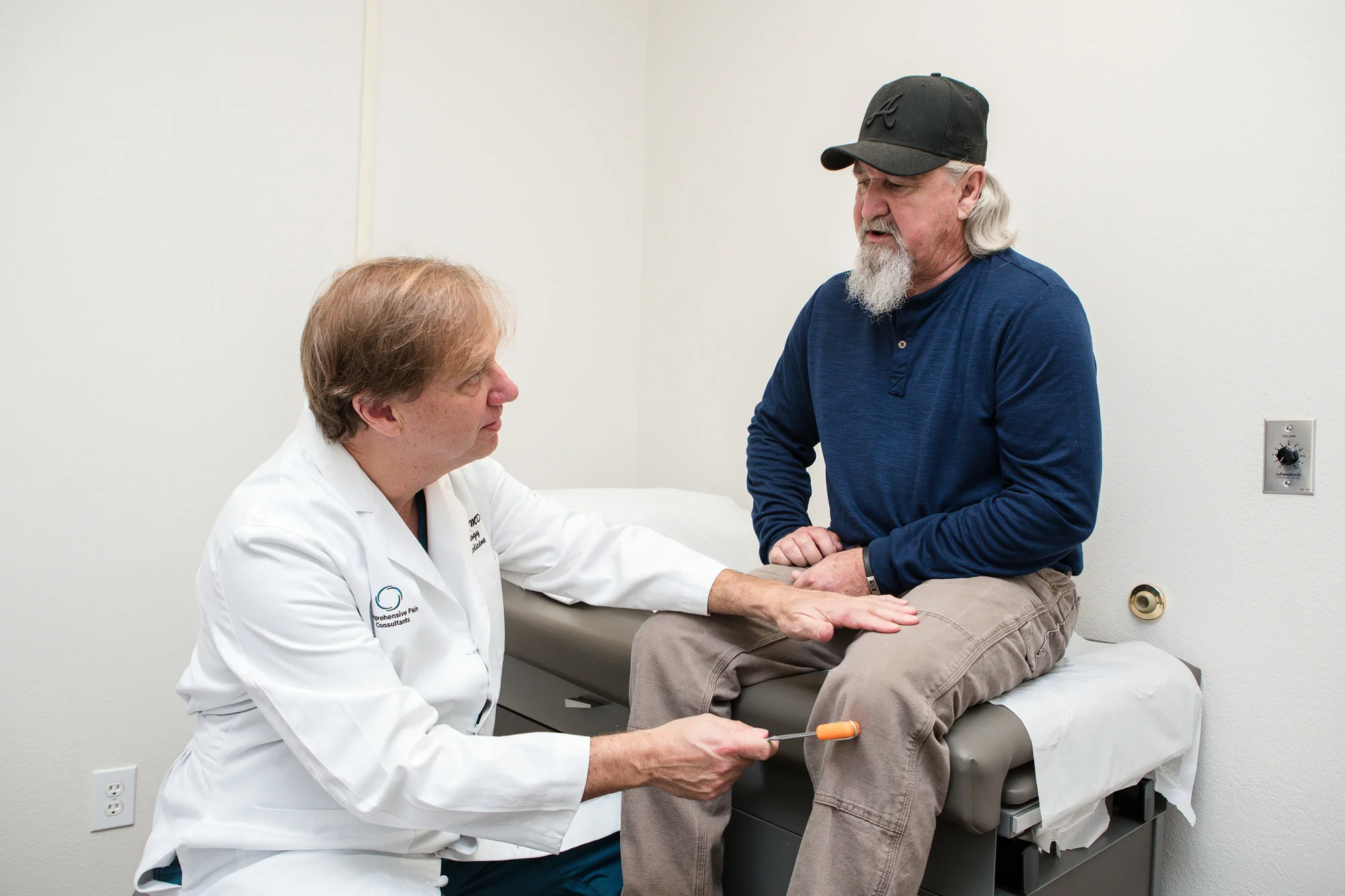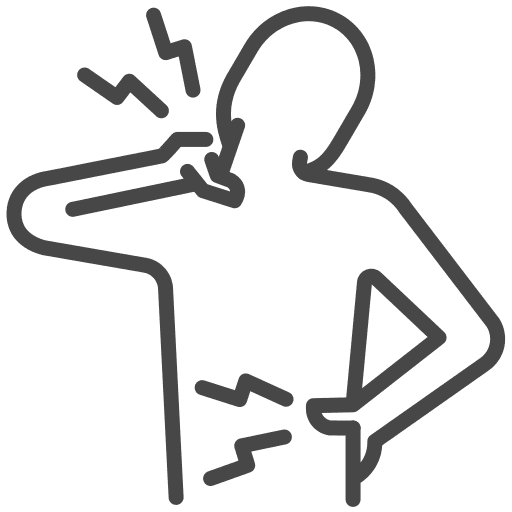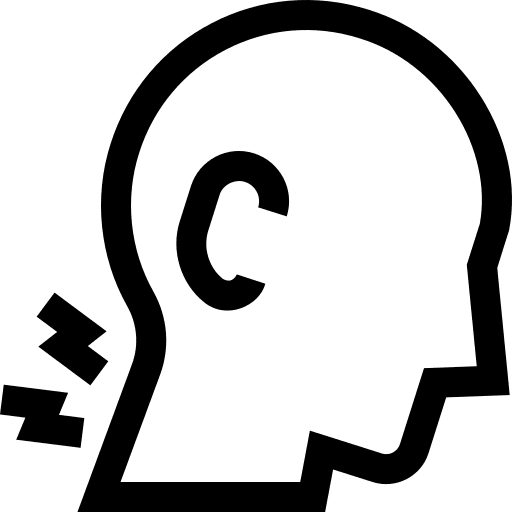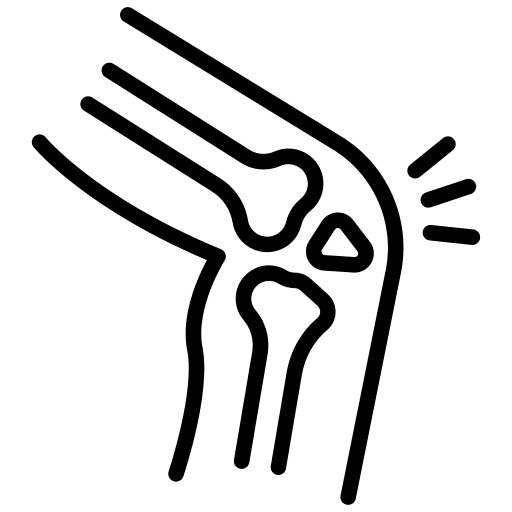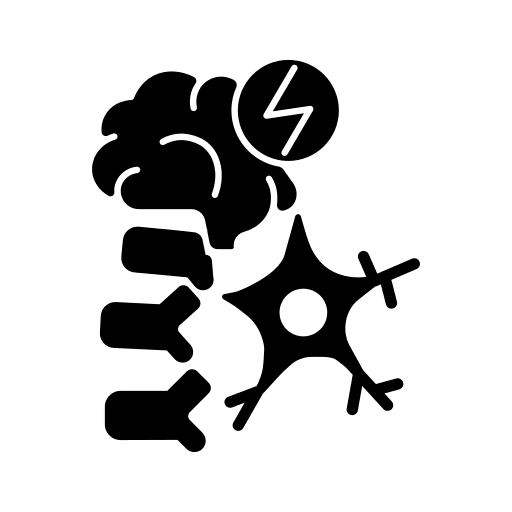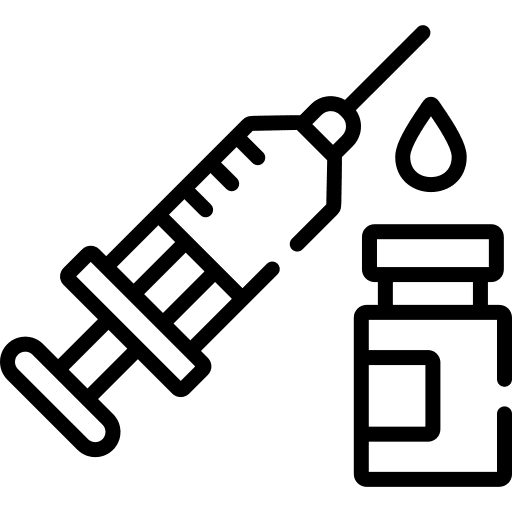
Anyone who lives with chronic pain could tell you how important it is to be able to accurately and clearly communicate their symptoms to a medical professional. Unfortunately, that task is not as easy as it might seem. Pain is such a unique experience in everything from individual pain tolerance to how the symptoms present themselves and everything in between.
One of the ways that chronic pain professionals address this challenge is by using a tool called the Quality of Life Scale. Today, our staff at the CPC pain management clinics in western NC are going to unpack what this scale is, how to effectively use it, and why it helps more than alternate methods.
What is the Quality of Life Scale?
The Quality of Life Scale (QOLS) was invented in the 1970’s and has become a valuable tool in medical care for a variety of chronic conditions since then. It utilizes the same 1-10 numbered scale as a traditional pain scale, but each number relates to a specific degree of a satisfying quality of life. Because everyone’s priorities in his or her quality of life vary, there are several popular definitions. They all circle around the theme, however, of wellness correlating directly to human experiences.
QOLS for Chronic Pain
One of the clearest examples of how quality of life is defined for people with chronic pain is found in the American Chronic Pain Association’s QOLS. The numbers 1-10 allow patients to rate the impact of chronic pain on his/her life through daily elements such as:
-
Time spent in bed
-
Feelings/thoughts of hopelessness and helplessness
-
Contact with the outside world
-
Performing basic functions like showering, dressing, etc.
-
Participation in work/volunteering/socializing
-
Independence
-
Physical activity
The closer to “1” a person rates themself, the more time their pain causes them to spend in bed and feeling overwhelmed each day. On the opposite end of the scale, the closer to “10” a person rates themself, the more they can happily participate in typical daily life events due to a lack of pain interference.
How to Improve Quality of Life
As one of the top pain management clinics in western NC, we take quality of life very seriously. You will see evidence of this not only in our wide range of treatment options but also in the time we take to listen and thoroughly assess your condition before navigating treatment options.
One of the unique ways we target quality of life is through our pain psychology treatment options. This means that we provide psychologists who offer counseling and education to assist you in reaching your goal for an optimal life. Some of the ways pain psychology can increase your quality of life include:
-
Stress reduction
-
Relaxation techniques
-
Research-based options for lifestyle adjustments
-
Treatments that address the mind-body connection
-
Help with insomnia
-
Depression and anxiety screenings and therapies
-
Much, much more
To learn more, check out our blog post about the connection between the mind and the body as it relates to chronic pain.
Pain management clinics in Western NC
We understand that when you are experiencing chronic and debilitating pain, there is nothing more important than finding a plan to take your life back. Chronic pain is not only physically debilitating, but it also becomes a mental and emotional burden. You suffer. Your family suffers. You need a qualified partner like Comprehensive Pain Consultants of the Carolinas to help. Schedule your first appointment at one of our nine convenient Western North Carolina locations!


